Description
PAGES TOTAL: 15
“Those who constitute an association nationwide of private, unincorporated persons engaged in the business of banking to issue notes against these obligations of the United States due them; whose private property is at risk to collateralize the government’s debt and currency, by legal definitions, a “national banking association”; such notes, issued against these obligations of the United States to that part of the public debt due its Principals and Sureties are required by law to be accepted as “legal tender” of payment for all debts public and private, and are defined in law as “obligations of the United States”, on the same par and category with Federal reserve notes and other currency and legal tender obligations.” (Page 8)
RE: Item tendered for Discharge of Debt.
The instrument tendered to the bank and negotiated to the United States Treasury for settlement is an “Obligation of THE UNITED STATES,” under Title 18USC Sect.8, representing as the definition provides a “certificate of indebtedness ….drawn upon an authorized officer of the United States,” (in this case the Secretary of the Treasury)”issued under an Act of Congress” (in this case public law 73-10, HJR-192 of 1933 and Title 31 USC 3123, and 31 USC 5103) and by treaty (in this case the UNITED NATIONS CONVENTION ON INTERNATIONAL BILLS OF EXCHANGE AND INTERNATIONAL PROMISSORY NOTES (UNCITRAL) and the Universal Postal Union headquartered in Bern, Switzerland).
TITLE 18 > PART I > CHAPTER 1 > Sec. 1. > Sec. 8.
Sec. 8. – Obligation or other security of the United States defined
The term ”obligation or other security of the United States” includes all bonds, certificates of indebtedness, national bank currency, Federal Reserve notes, Federal Reserve bank notes, coupons, United States notes, Treasury notes, gold certificates, silver certificates, fractional notes, certificates of deposit, bills, checks, or drafts for money, drawn by or upon authorized officers of the United States, stamps and other representatives of value, of whatever denomination, issued under any Act of Congress, and canceled United States stamps.
The International Bill of Exchange is legal tender as a national bank note, or note of a National Banking Association, by legal and/or statutory definition (UCC 4-105, 12CFRSec. 229.2, 210.2, 12 USC 1813) , issued under Authority of the United States
Page 1 of 15
NOTICE OF MEMORANDUM OF LAW POINTS AND AUTHORITIES IN SUPPORT OF INTERNATIONAL BILL OF EXCHANGE
Code 31 USC 392, 5103, which officially defines this as a statutory legal tender obligation of THE UNITED STATES, and is issued in accordance with 31 USC 3123 and HJR- 192(1933) which establish and provide for its issuance as “Public Policy” in remedy for discharge of equity interest recovery on that portion of the public debt to its Principals, and Sureties bearing the Obligations of THE UNITED STATES.
This is a statutory remedy for equity interest recovery due the principles and sureties of the United States for discharge of lawful debts in commerce in conjunction with US obligations to that portion of the public debt it is intended to reduce.
During the financial crisis of the depression, in 1933 substance of gold, silver and real money was removed as a foundation for our financial system.
In it s place the substance of the American citizenry: their real property, wealth, assets and productivity that belongs to them was, in effect, ‘pledged’ by the government and placed at risk as the collateral for US debt, credit and currency for commerce to function.
This is well documented in the actions of Congress and the President at that time and in the Congressional debates that preceded the adoption of the reorganizational measures:
Senate Document No. 43, 73rd Congress, 1st Session, stated,
“Under the new law the money is issued to the banks in return for Government obligations, bills of exchange, drafts, notes, trade acceptances, and banker’s acceptances. The money will be worth 100 cents on the dollar, because it is backed by the credit of the nation. It will represent a mortgage on all the homes and other property of all the people in the Nation.” (Which lawfully belongs to these private citizens.)
The National Debt is defined as “mortgages on the wealth and income of the people of a country.” (Encyclopedia Britannica, 1959.)
Their wealth, …. their income…….
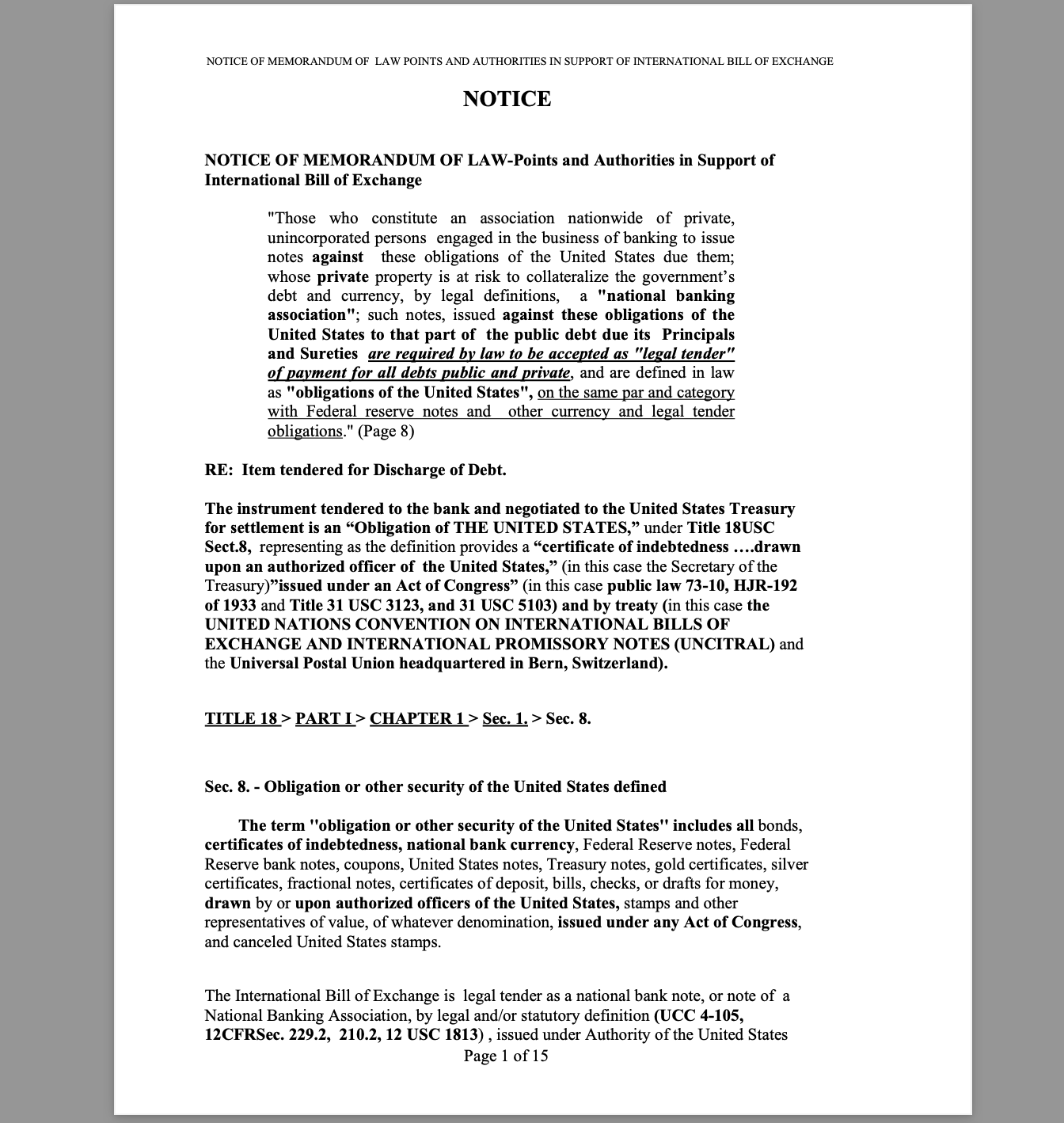
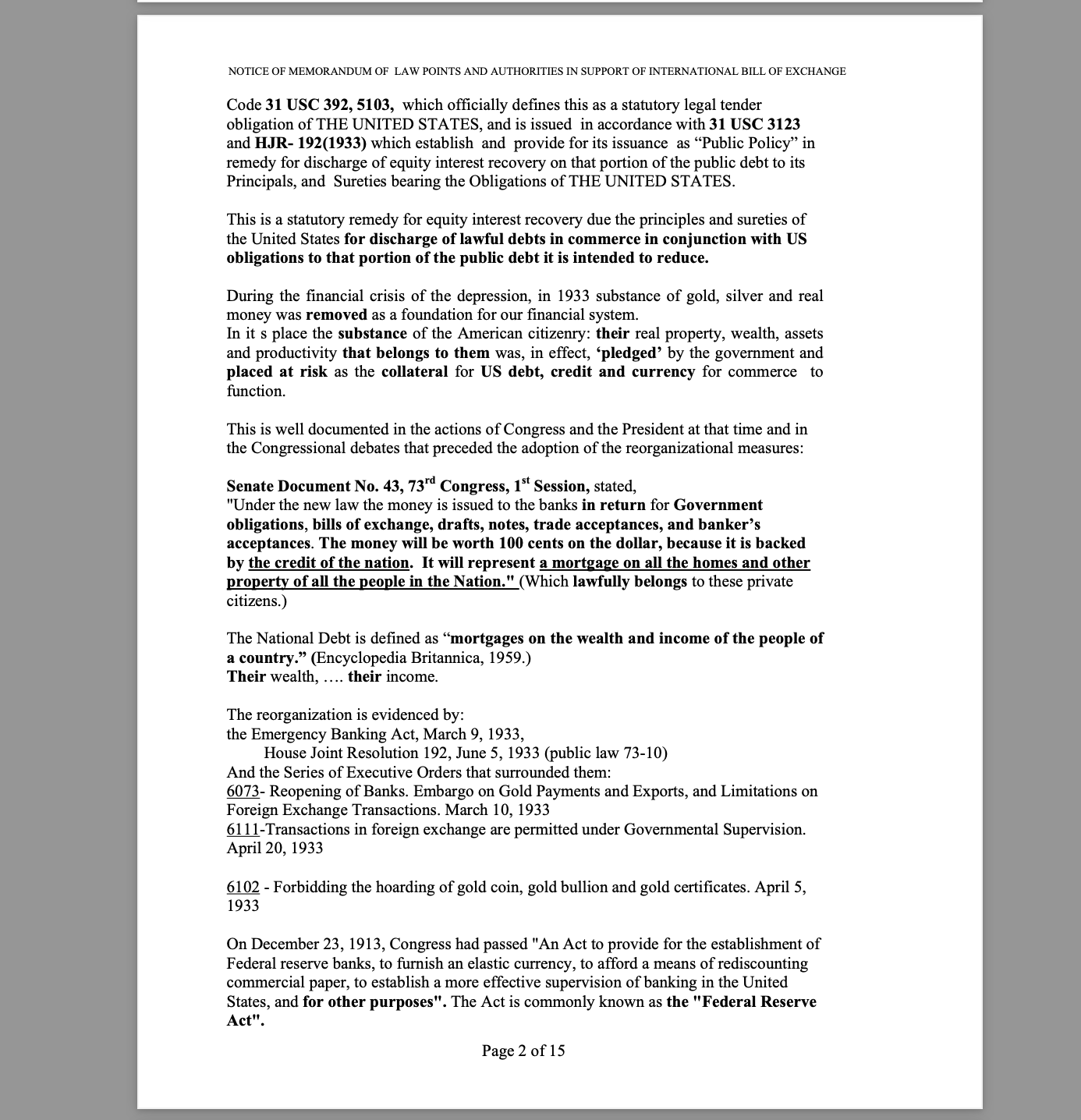
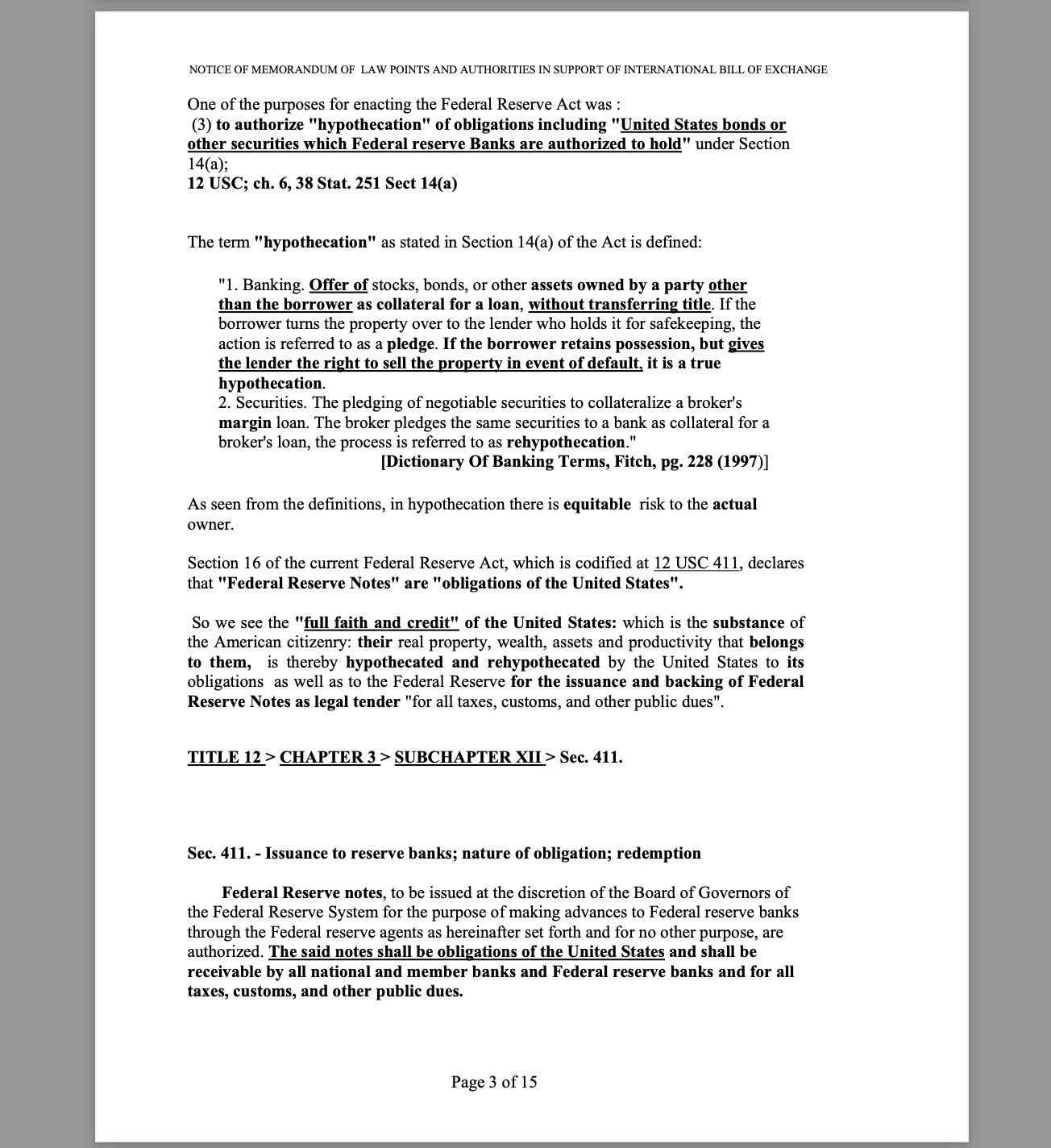

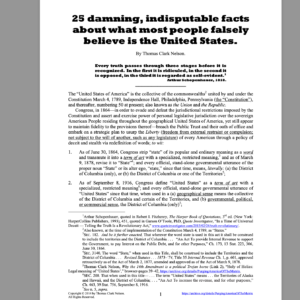
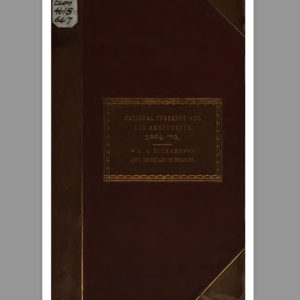
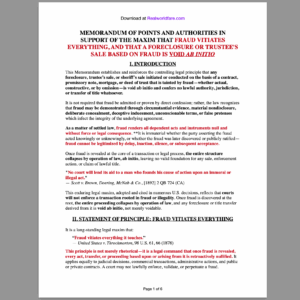
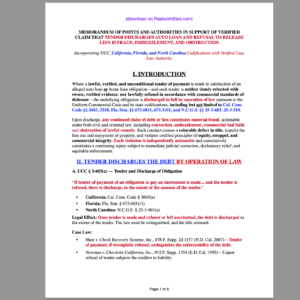
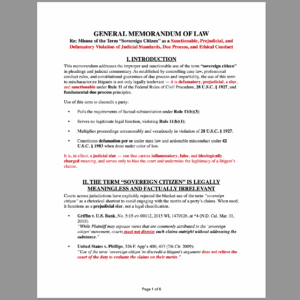
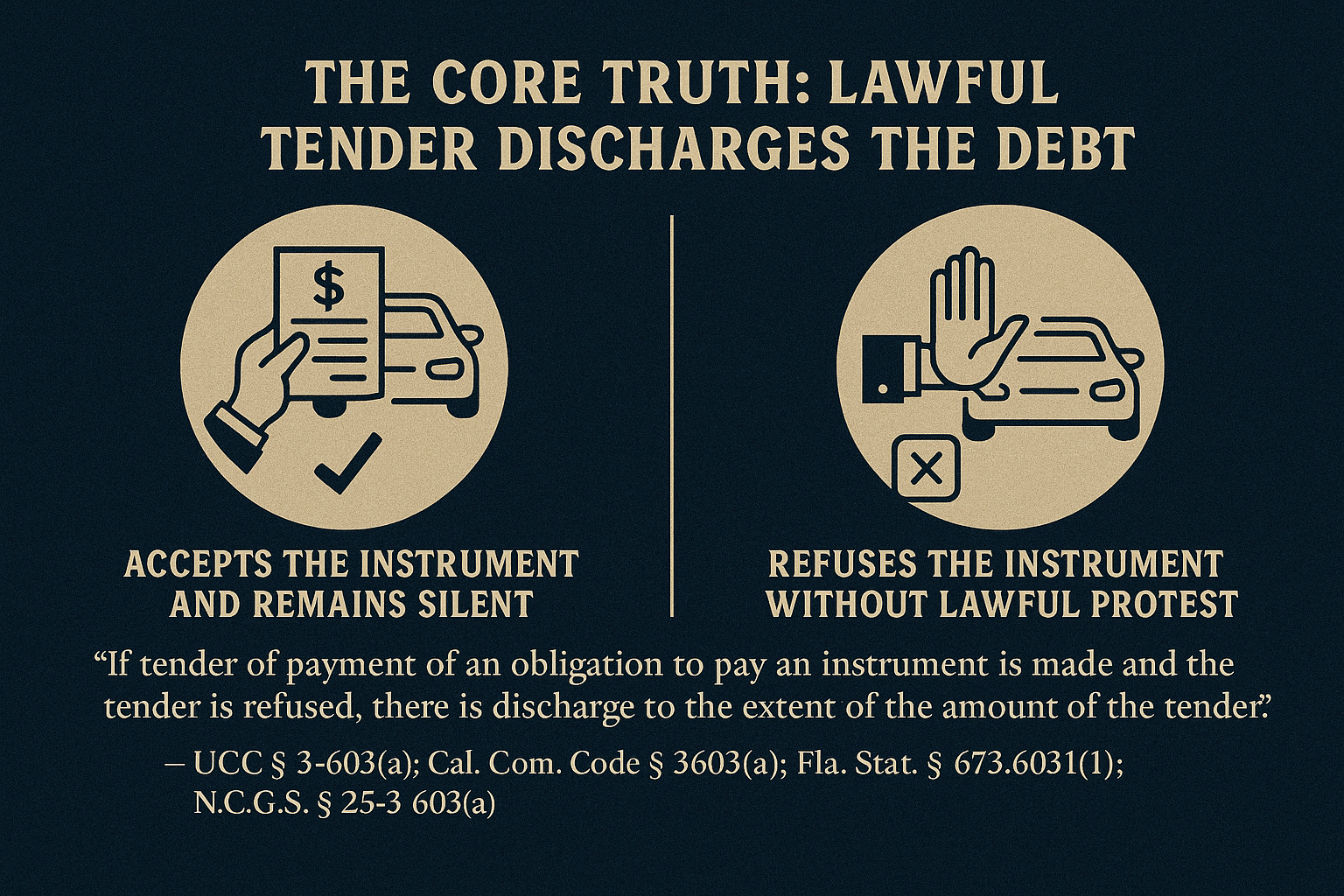
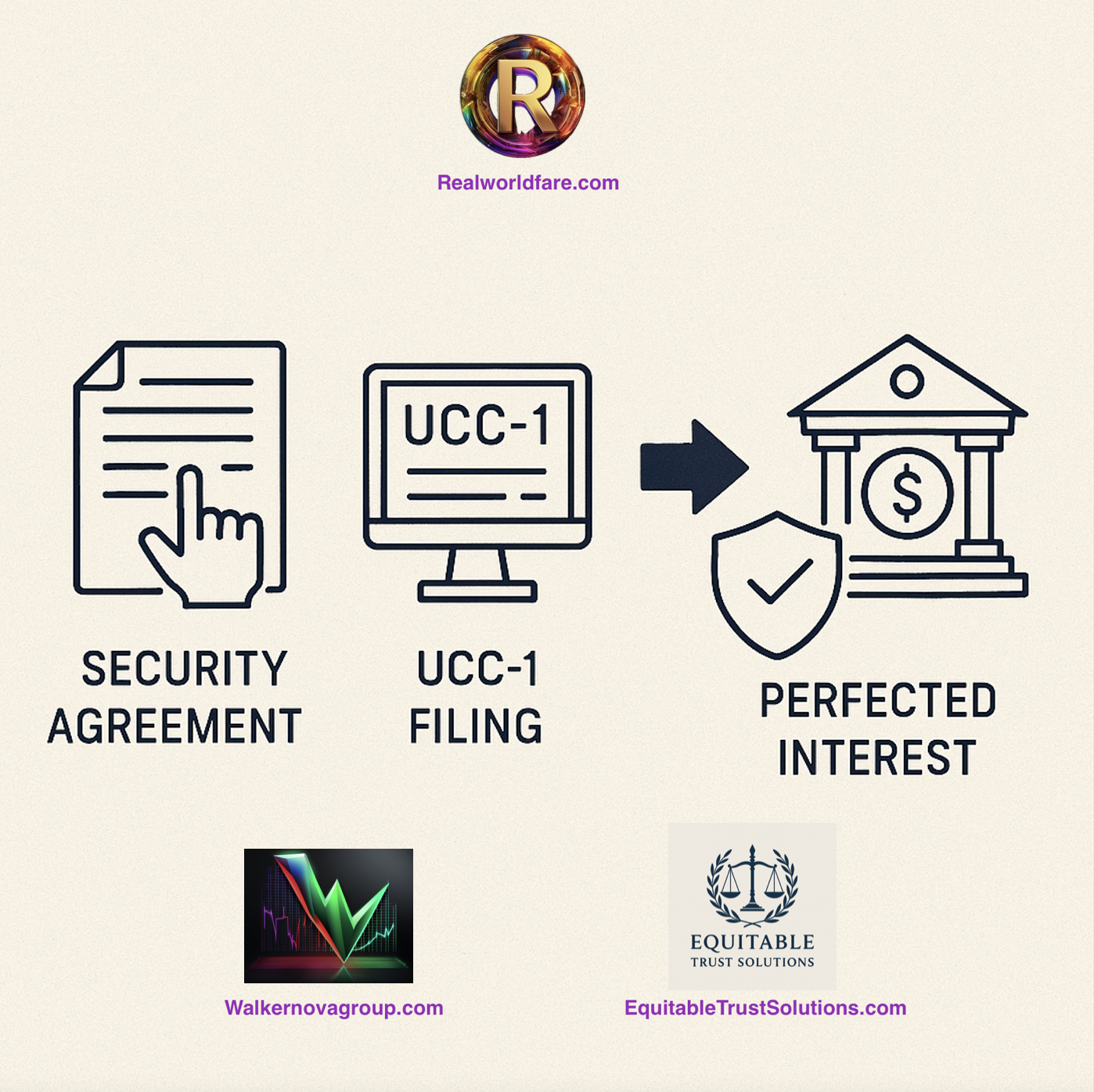
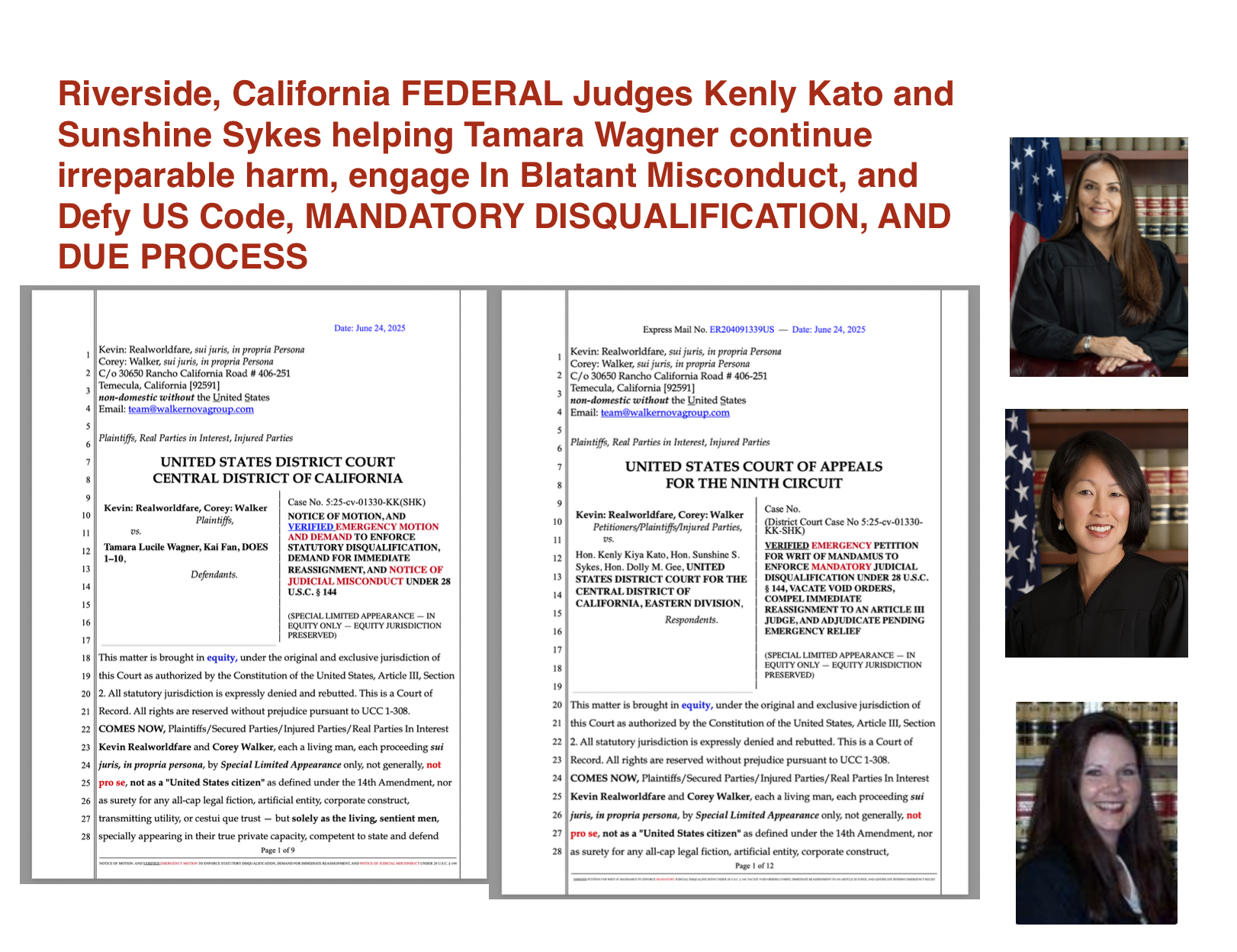
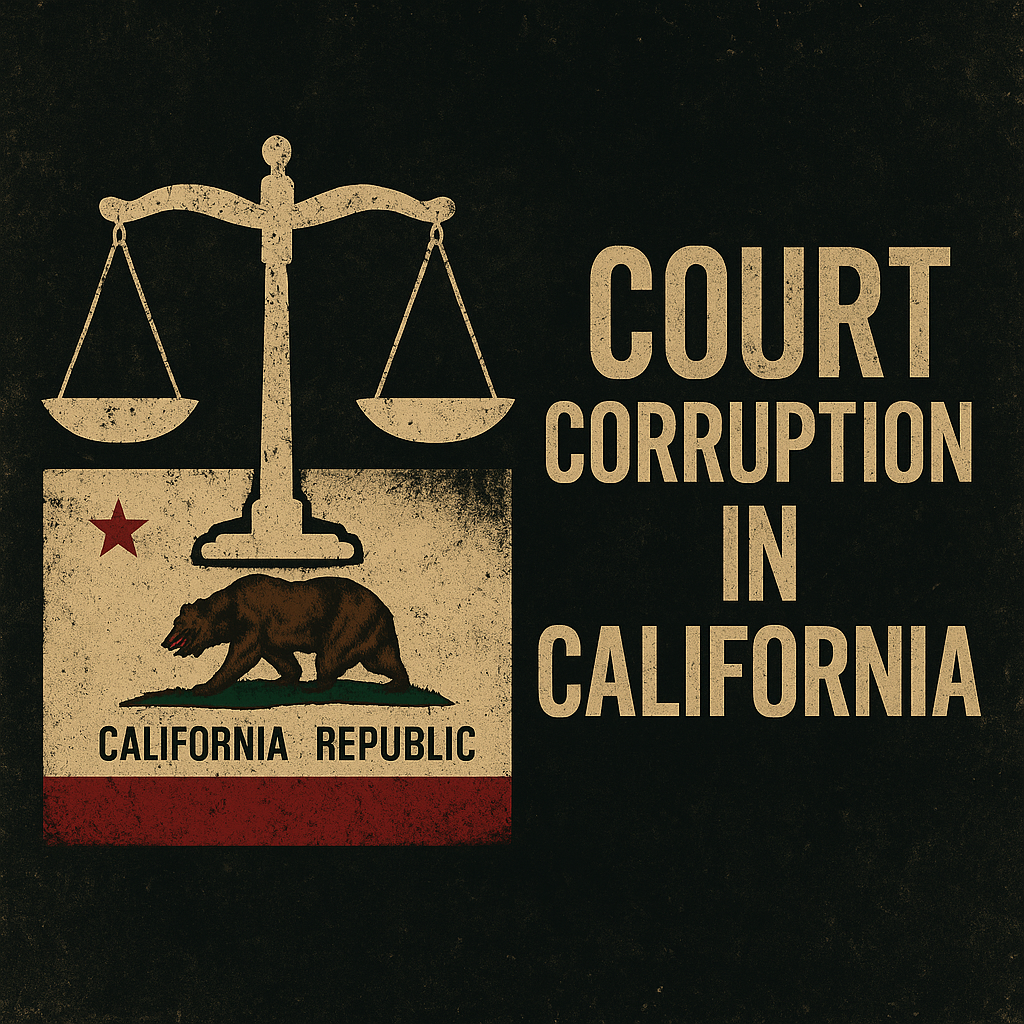
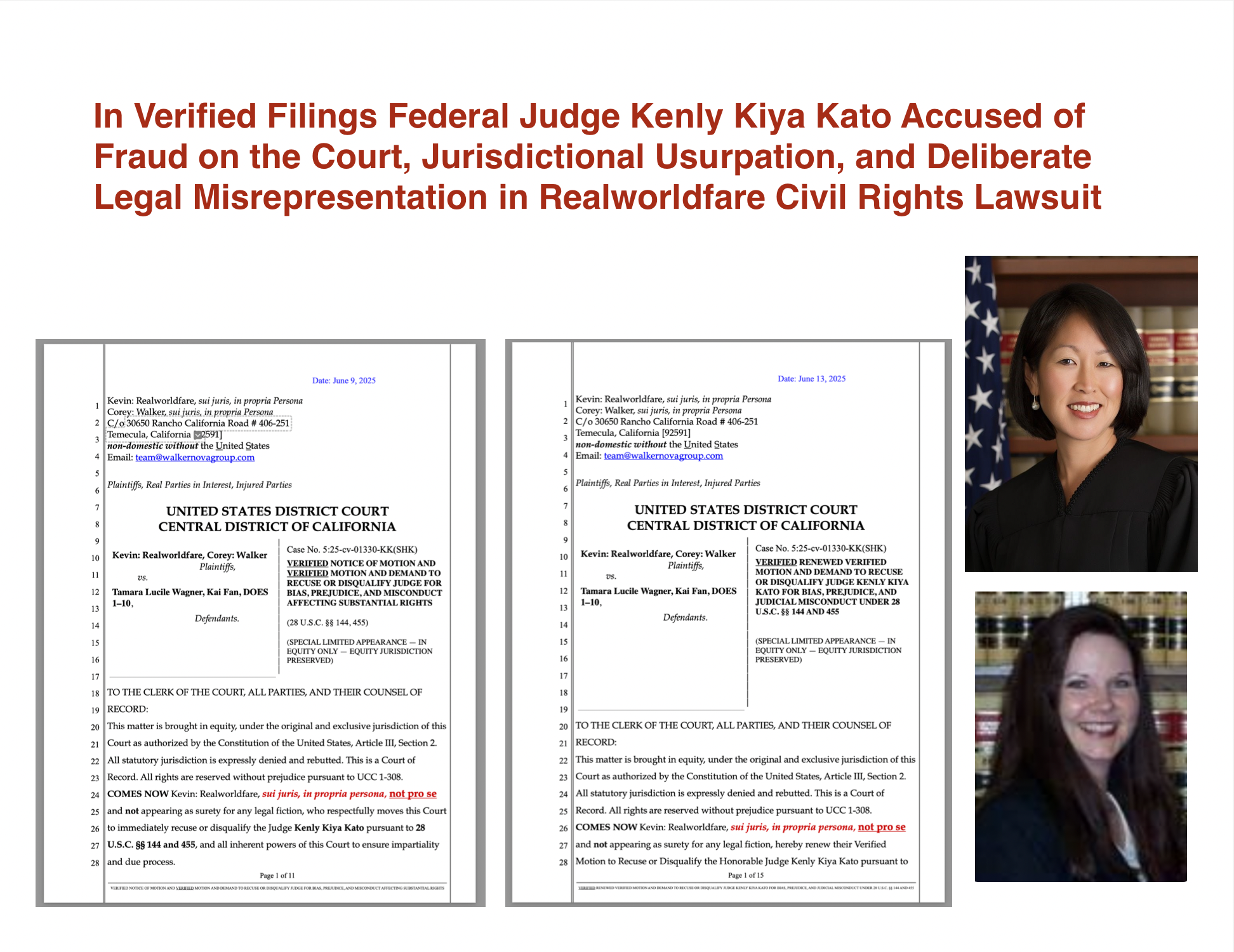
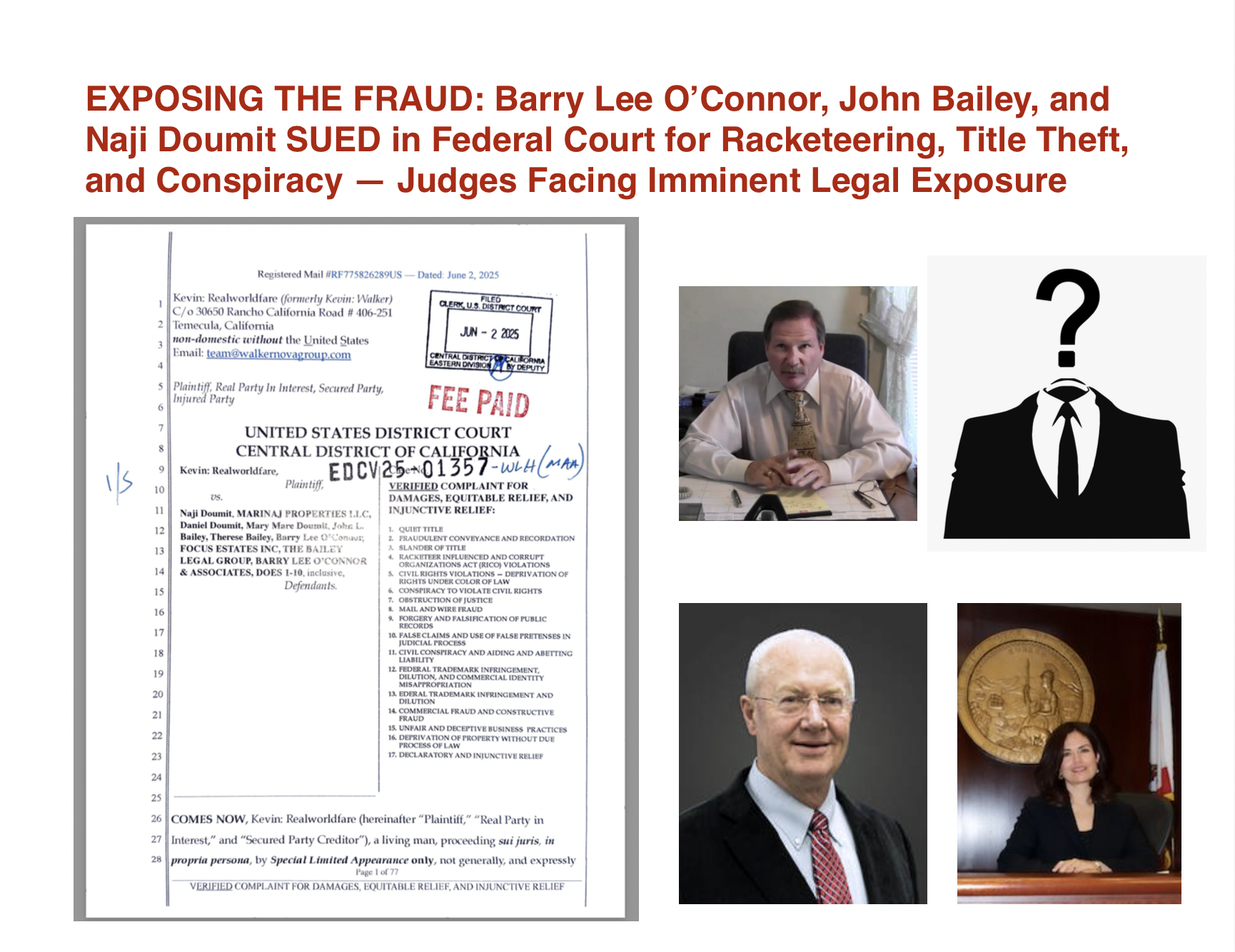
Reviews
There are no reviews yet.